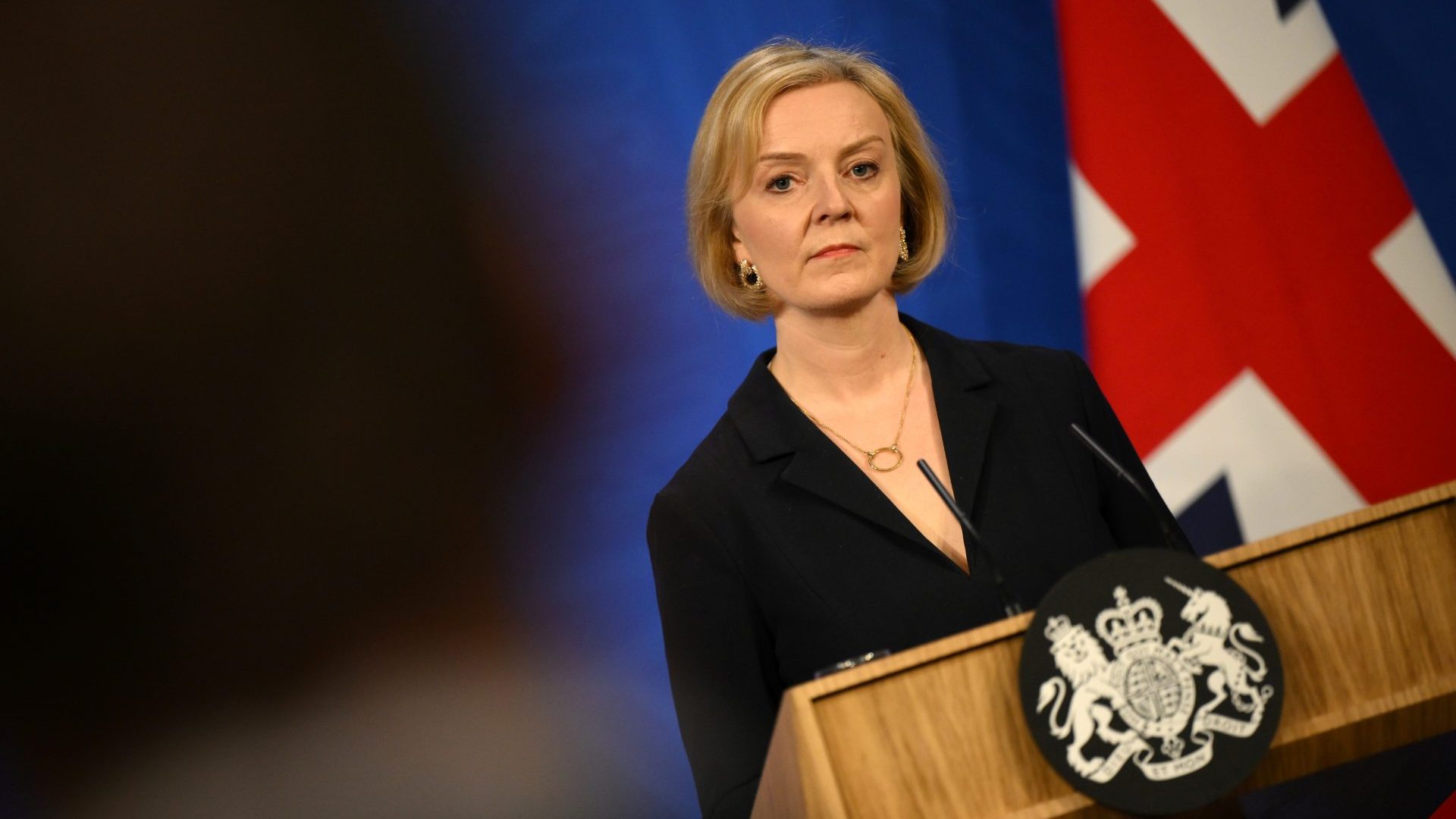Liz Truss has gone. The polls show that, if a general election were held today, the Conservative Party would be wiped out. Hundreds of Tories would lose their seats, including Jeremy Hunt, Boris Johnson and Jacob Rees-Mogg, and Labour would win a huge majority.
It is clear that the country does not want this government. Public opinion has turned sharply against the Conservatives. So why will they provide the country with its next prime minister?
Democracy, a complicated idea, tends to mean different things to different people. The proper name of communist East Germany was “the German Democratic Republic”, but it is clear to us now there was little about it that was democratic. The argument back then was that the people should be represented by a single “people’s party”, a far more democratic construct than any western equivalent. In this view, democracy does not emerge from a system of competing political parties, but is carried within a single governing party. Democracy is an internal party matter.
We saw something of that during the Jeremy Corbyn era, when the Labour party descended into vicious feuding and committee warfare. Just as a figure skater pulls in their arms to spin faster, so Labour’s internal arguments intensified as the party drew further into itself. Corbyn’s Labour became so caught up in this fight over party democracy that it stopped paying attention to the much more important external democratic contest – the one against the Tories. The result was electoral catastrophe.
It is an irony that, having beaten Corbyn’s Labour Party, the Conservatives went on to repeat Corbyn’s mistake – they turned in on themselves. Johnson started it when he levered Theresa May out of office and then threw out the entire moderate wing of his party. By doing this, he shut down dissent within Conservative MPs, cramming the party into a tight, ideological consensus around the question of Brexit.
With that new, ideological rigidity came other narrow beliefs, on immigration, welfare, on spending and on the perceived left wing dominance of Britain’s cultural institutions, particularly the BBC. With this, Johnson’s neo-Tory party had turned away from the idea of simply running the country and the idea of stable, moderate government was replaced by a new strain of combative populism. Johnson fought the Supreme Court, the EU, the National Trust and the Irish government.
Eventually the party could no longer ignore the flaws in his character, and Johnson was thrown out of office. But despite his removal, the political character of the Conservatives, and of the government, did not change. Truss was the direct inheritor of Johnson’s combative, populist style. She was rude about the French, employed a home secretary who dreamed of sending immigrants to Rwanda and when she was warned by Rishi Sunak that her economic plans would send interest rates through the roof, Truss dismissed this as “project fear”. She offered Britain a mix of coarse, culture war posturing, and hard right libertarian free-market economics.
But where did these ideas come from? They did not appear in the Conservative’s 2019 manifesto. In fact, they came from the darkest recesses of the Tory hard right wish list. That no one had actually voted for these ideas seemed not to matter to Truss, or to Kwarteng, her momentary chancellor. The logic of their position seemed to be that the country had voted Conservative at the last election, and therefore anything the Conservative party decided to do was OK. When asked during a BBC interview why she had any right to govern Britain at all, Truss simply replied, “I’m sticking around because I was elected to deliver for this country”. In her mind, democracy had become little more than an internal matter for the Tory party.
Now she has gone, and this is the point to which our political system has come: we have got rid of a prime minister who was installed by less than half of the Tory party membership and we will shortly be getting a new prime minister elected by only Tory MPs. The continuity chancellor, Jeremy Hunt, is introducing economic plans for which nobody voted, representing a party that the electorate does not want in power and which, if there were a general election tomorrow, would be thrown out of office for a generation.
Britain’s constitution offers no solution to this. The only possible way out would be a motion of no confidence in Parliament, but this would require two-thirds of all MPs to vote in favour of a motion that would immediately trigger a general election. Tory MPs will not willingly vote themselves out of jobs.
And so the country watches on, helpless. Democracy has meant different things at different moments in history. But here, now in our supposedly liberal democratic age, reasonable, moderate people tend to recognise a functioning democratic system when they see one. It is no longer clear that Britain’s political system qualifies. Only a general election can restore it to health.












